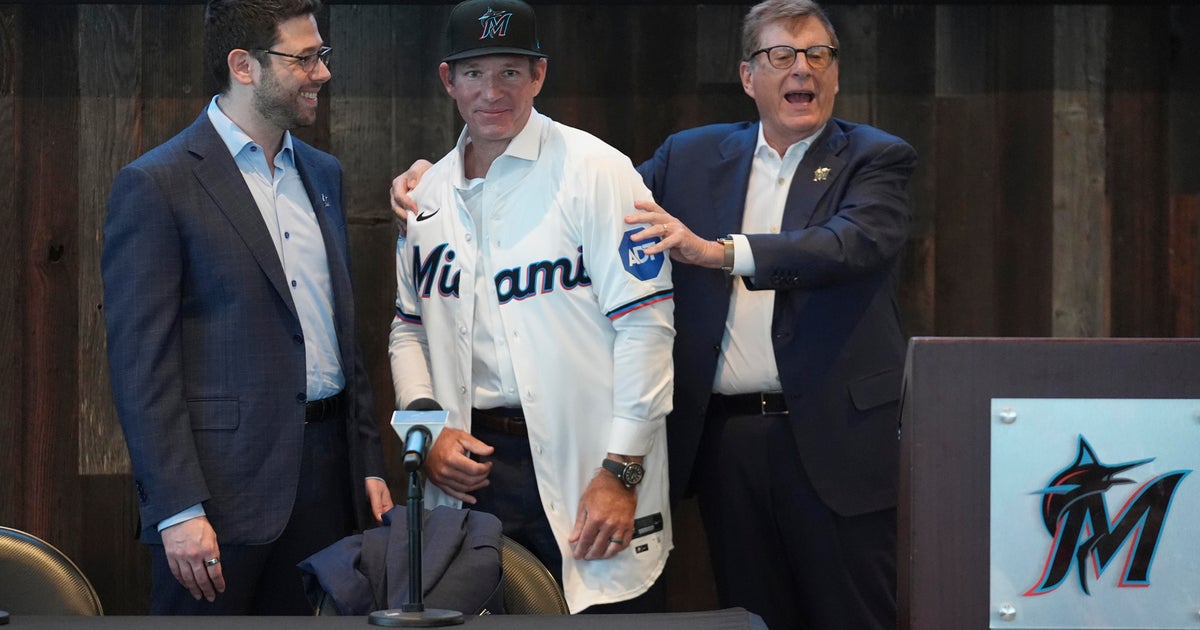New T-Mobile CEO Plans To Bring Cool Back To The Carrier
BELLEVUE, Wash. (CNET) — Don't expect a lot of big strategic changes to come to T-Mobile USA with new CEO John Legere taking the reins.
The wireless carrier, which is a distant fourth-place player in an industry dominated by Verizon Wireless and AT&T, has the right plan in place to return to growth -- it just needs to execute, Legere told CNET in an interview today.
"There are no real missing components in the arsenal," he said of the turnaround strategy.
T-Mobile continues to face challenges in catching up to its rivals and slowing down the loss of its most lucrative contract customers. A few months ago, the carrier set out a new roadmap to upgrade its network, move to 4G LTE, and introduce more aggressive mobile device plans as it works to curb its losses. Legere doesn't intend to mess with the plan, saying that he wants, rather, to simply add a "maniacal focus" on execution.
That includes bringing back the "coolness" factor to T-Mobile, which he believes the company still embodies and which has allowed it to stand out from its larger competitors.
"We're a West Coast tech company," he said. "I spent 18 years in giant companies with buildings with high-shag carpeting. This is different."
T-Mobile has already changed up its marketing and messaging, going with a more aggressive stance as illustrated by its spokeswoman, Carly, who has traded in her cute pink dress for leather and a motorcycle.
Over the past few weeks, the company has launched a no-strings unlimited data plan and has started a campaign to get consumers to come over with their iPhone -- just the first couple of examples, Legere said, of some of the things T-Mobile plans to do to show that it's back in the game.
"There will be a drumbeat of action as the business returns to growth," he said.
Neither Legere nor Deutsche Telekom CEO Rene Obermann would talk about T-Mobile USA possibly carrying the iPhone itself. It's among the few carriers not offering the new iPhone 5.
Legere has plenty of experience in shepherding ailing businesses back to health. He took over Global Crossing -- a telecom darling in the 1990s that turned into one of the largest bankruptcies in U.S. history -- after it emerged out of Chapter 11, turning it into a player in the Internet and communications services business.
Legere is expected to take some of his enterprise know-how and bring it to T-Mobile. He talked about the opportunity that comes from serving the business sector, and noted that there are many companies out there that feel neglected by the larger carriers and "relegated to secondary status." T-Mobile has said it plans to hire 1,000 employees to bulk up its business-sales staff.
"The higher touch and direct sales approach can help," he said.
On both the consumer and business sides, T-Mobile wants to increase its market share. Given its current small position, even a minor increase could have a dramatically positive effect on the company, Legere said. At the same time, the larger carriers don't see T-Mobile as much of a threat, and are less likely to respond.
While critics have questioned T-Mobile's spectrum position and Deutsche Telekom's commitment to the business, Legere believes both are much stronger than perceived. Between the spectrum it got from AT&T from their failed merger deal, to the airwaves it plans to purchase from Verizon Wireless following its cable deal, T-Mobile has a swath of spectrum "that rivals anybody," he said.
Likewise, Obermann took the time to reiterate his faith in T-Mobile.
"I truly believe in the opportunity in the U.S. market," he said, adding that the industry has only scratched the surface in providing wireless connectivity to people and devices.



